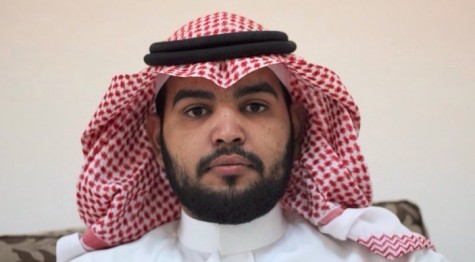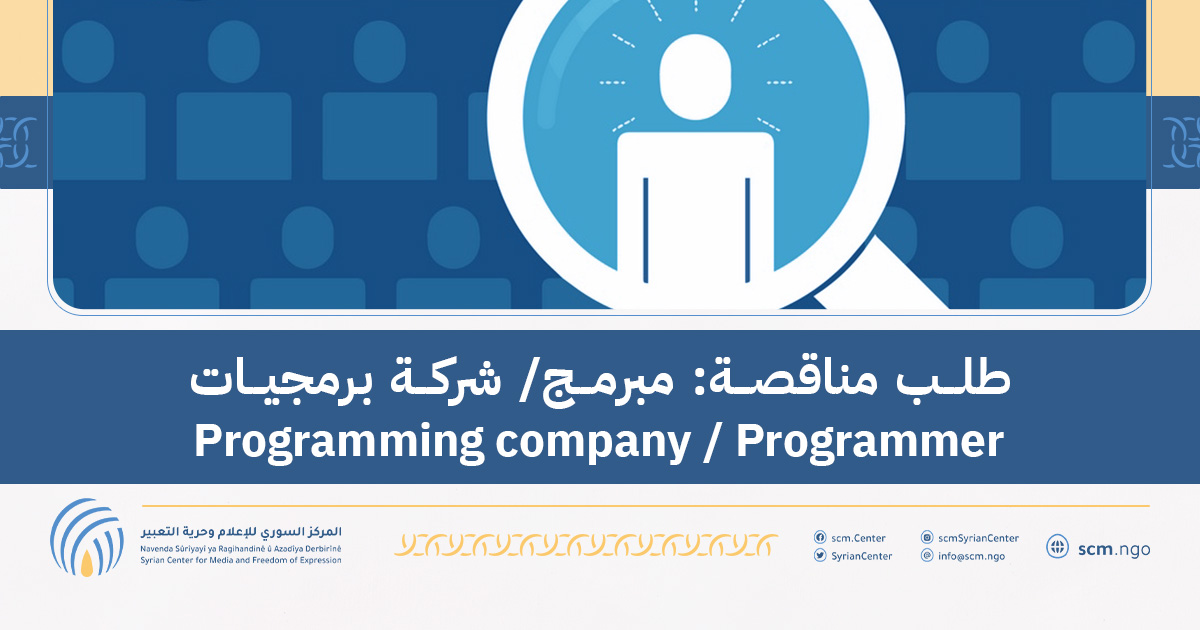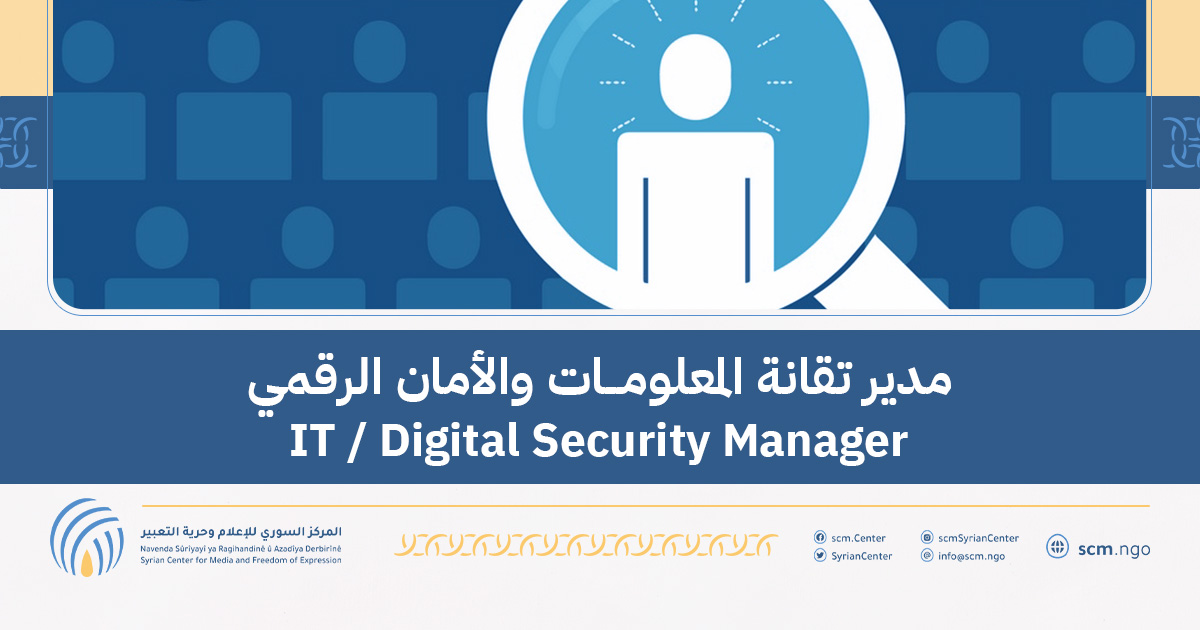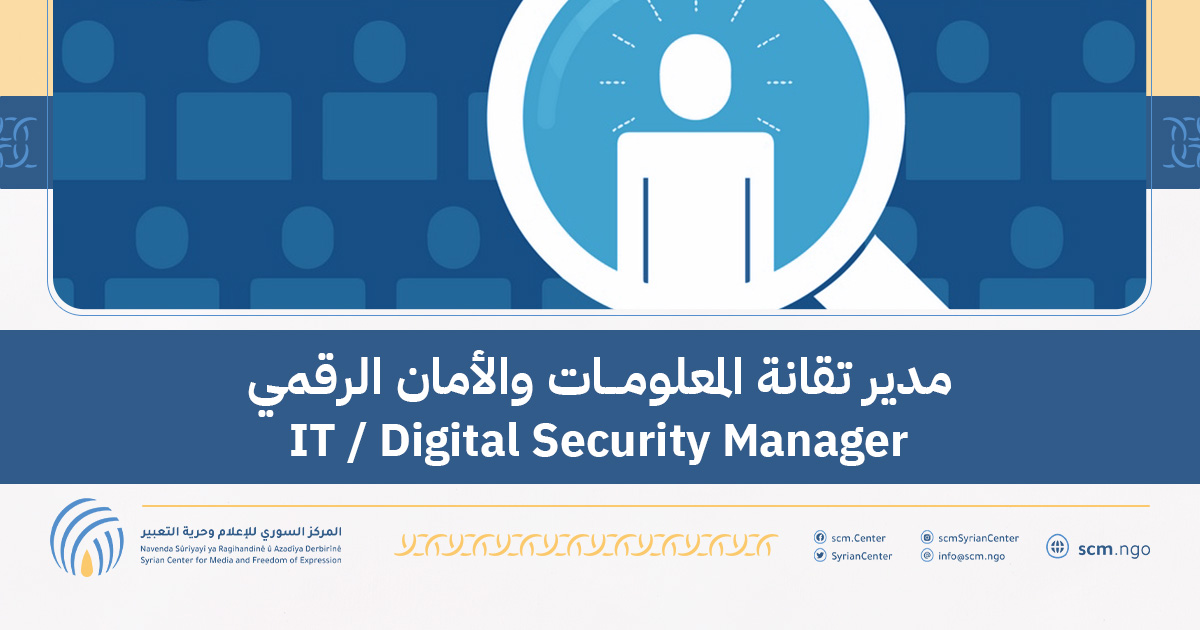 2017-08-16 – On 14 August 2017, human rights defender Abdulaziz Al-Shubaili, a member of the Civil and Political Rights Association in Saudi Arabia (ACPRA), received news that the Specialised Criminal Court of Appeal in Riyadh recently upheld the full preliminary sentence issued against him. To date, this court has ratified all the prison sentences issued against members of ACPRA.
2017-08-16 – On 14 August 2017, human rights defender Abdulaziz Al-Shubaili, a member of the Civil and Political Rights Association in Saudi Arabia (ACPRA), received news that the Specialised Criminal Court of Appeal in Riyadh recently upheld the full preliminary sentence issued against him. To date, this court has ratified all the prison sentences issued against members of ACPRA.
Notably, the Specialised Criminal Court of Appeal did not hold any hearings in order to reach its conclusion, which reflects the lack of the minimum required international standards for fair trial and due process.
In a hearing held on10 January 2017, the Specialised Criminal Court sentenced Al-Shubaili to eight years in prison, followed by another eight years banned from writing on social media, in addition to a travel ban of eight years to begin after the sentence has been served. The court ignored all the notes presented by the human rights defender, who had decided earlier not to recognise the court because he believed that “human rights and people that have views should not be tried and convicted of terrorist offenses as the Saudi government is doing now using the Law for Crimes of Terrorism and its Financing.”
Al-Shubaili was accused of many charges including allegedly publishing a statement calling for demonstrations; accusing judges of dishonesty and human rights violations; and preparing, storing and sending data affecting public order. As well he was sentenced for participating in an unauthorised association, namely ACPRA, and his contribution to the drafting of its statements, as well as failing to comply with the judicial decision to dissolve ACPRA.
Al-Shubaili is a principal member of the ACPRA who participated in the defence team on behalf of many of his fellow members of ACPRA. Also, he has used social media networks to call for reform and defend people’s rights in Saudi Arabia.
The Gulf Centre for Human Rights (GCHR) expresses its strong condemnation of the ratification of the full verdict by the Specialised Criminal Court of Appeal against the human rights defender Abdulaziz Al-Shubaili, who GCHR believes is targeted solely for his peaceful and legitimate work in the field of human rights.
GHCR calls on the authorities in Saudi Arabia to:
- Immediately and unconditionally revoke the sentence against Abdulaziz Al-Shubaili and drop all charges against him as they are related to his work in the field of human rights; and
- Immediately release all human rights defenders and prisoners of conscience in Saudi Arabia whose detention is a result of their peaceful and legitimate work in the promotion and protection of human rights.
GCHR respectfully reminds you that the United Nations Declaration on the Right and Responsibility of Individuals, Groups and Organs of Society to Promote and Protect Universally Recognized Human Rights and Fundamental Freedoms, adopted by consensus by the UN General Assembly on 9 December 1998, recognises the legitimacy of the activities of human rights defenders, their right to freedom of association and to carry out their activities without fear of reprisals. We would particularly draw your attention to Article 6 (b and c): “Everyone has the right, individually and in association with others: (b) As provided for in human rights and other applicable international instruments, freely to publish, impart or disseminate to others views, information and knowledge on all human rights and fundamental freedoms; (c) To study, discuss, form and hold opinions on the observance, both in law and in practice, of all human rights and fundamental freedoms and, through these and other appropriate means, to draw public attention to those matters” and to Article 12 (2): “The State shall take all necessary measures to ensure the protection by the competent authorities of everyone, individually and in association with others, against any violence, threats, retaliation, de facto or de jure adverse discrimination, pressure or any other arbitrary action as a consequence of his or her legitimate exercise of the rights referred to in the present Declaration.”



